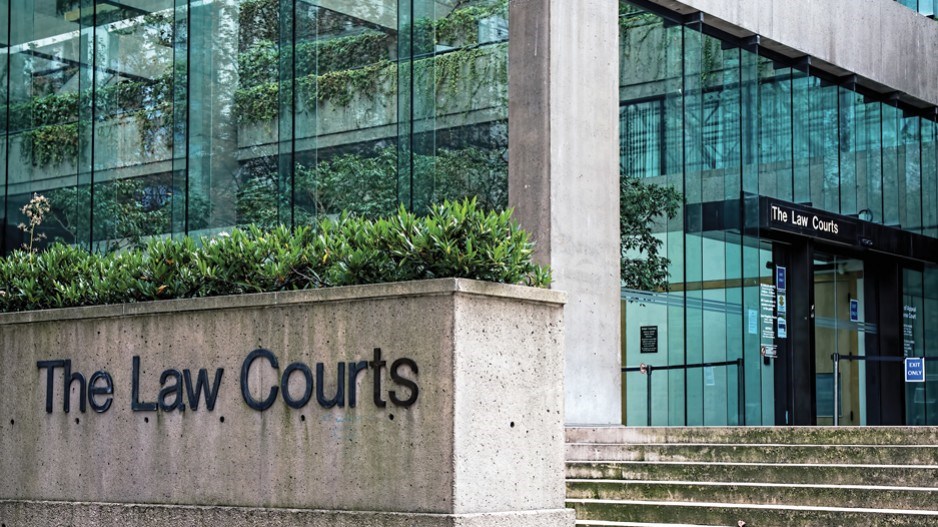Edward Rogers has won the legal battle for control of Rogers Communications Inc., with the court issuing a decision this afternoon in favour of Rogers against RCI's existing board.
The decision from B.C. Supreme Court justice Shelley Fitzpatrick on the fate of the board of directors at Rogers Communications Inc. (TSX: RCI.B) was revealed at 1:30 p.m. this afternoon in a Vancouver courtroom.
Fitzpatrick simultaneously released a lengthy reasoning document to both Edward Rogers' lawyers, led by Kenneth McEwan, and RCI's attorneys, led by Stephen R. Schachter.
Immediately after the announcement, Schachter said RCI would be seeking an expedited appeal - including a stay of the effects of the declaration that Edward Rogers would effectively be able to make changes unilaterally to RCI's board - since there is concern that "the purpose of an appeal would be rendered moot by the actions" of a new RCI board of directors appointed by Edward Rogers.
Schachter said there was the danger that Edward Rogers, now legally in control of the RCI board, would be able to instruct RCI to immediately abandon the appeal process.
However, McEwan told the court that his client has made assurances that he and his new board will take no steps to change RCI's approach to an appeal, which will take place next week. Fitzpatrick then, citing that being RCI's only point of contention and that "the balance of convenience does favour certainty" in this case, rejected RCI's request of a stay.
It means that the decision - that Edward Rogers is within his rights to make any changes to the RCI board - will take effect immediately.
Fitzpatrick heard the case between Edward Rogers - son of RCI founder Ted Rogers - and the board of RCI (including Edward Rogers' mother, Loretta, and his two sisters) on Monday. Edward Rogers is petitioning the court to confirm his ability to unilaterally make changes to the RCI board, despite being voted out from that very board just weeks ago.
Edward Rogers was claiming his status as the chair of the Rogers Control Trust - the family trust left by Ted Rogers that controls 97.5% of RCI's voting shares, despite only holding about 30% of the company's overall equity - as giving him the role of majority shareholder of voting shares.
That role, according to the B.C. Business Corporations Act, would give him the power to make RCI board changes through "consent resolution" - a written order not needing a shareholders' meeting to approve.
RCI was countering in court that, if Edward Rogers were allowed to proceed, it would fly against the principle of good corporate governance that acts as the fundamental guiding interest of Canadian business corporations law regarding publicly traded companies. RCI lawyers said Edward Rogers should not have the power to unilaterally remove RCI board members without holding a shareholders' meeting of some sort to get consent.
Legal experts said the dispute - which arose when Edward Rogers tried to remove RCI CEO Joe Natale a few months ago, then encountered opposition within the RCI board that ultimately led to Edward Rogers' ouster as board chair - appeared to favour the ousted RCI chair because of the specifics of B.C.'s Business Corporations Act, something that's not present in the Act in other provinces or federally.
RCI is incorporated in B.C.
Edward Rogers launched the court petition after his ouster as RCI board chair, when he ordered the removal of five directors from the RCI board that voted him out and the addition of five new directors. The new board then held a meeting that voted Edward Rogers back in as RCI board chair.
The moves have not been recognized by RCI, but the RCI board lacks the votes (a super-majority of 67%) to remove Edward Rogers as the head of the Rogers Control Trust.
The dispute comes at a crucial time for the company and Canada's telecommunications landscape, as RCI is trying to acquire Shaw Communications Inc. in a $26-billion deal that is currently under review by regulators.




